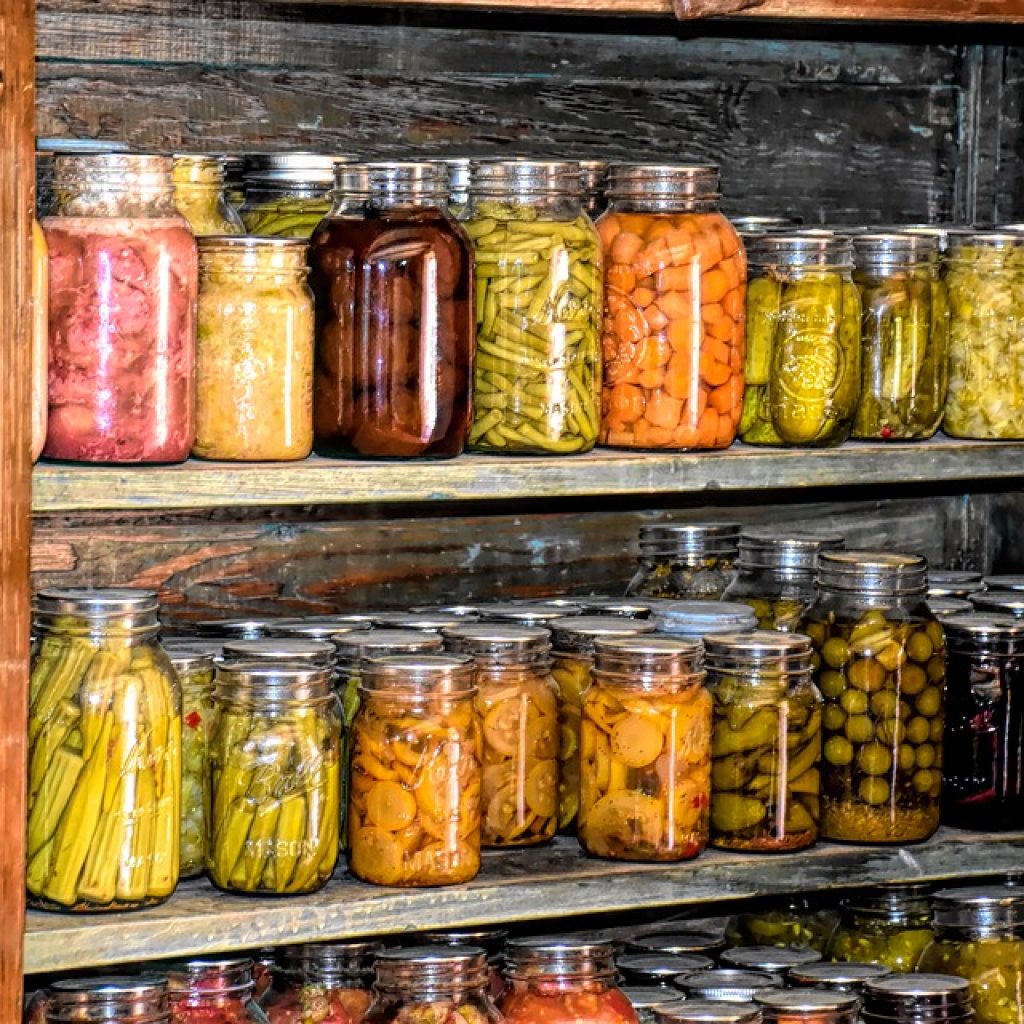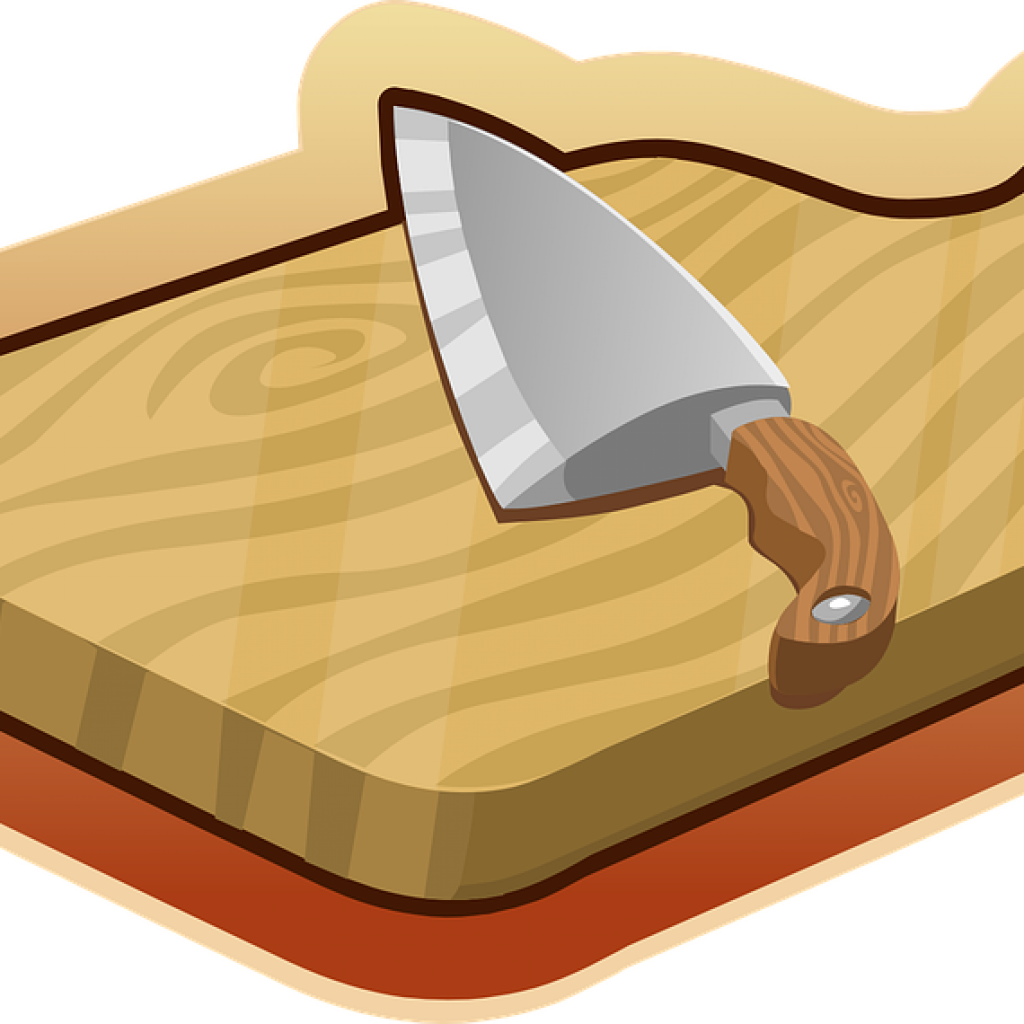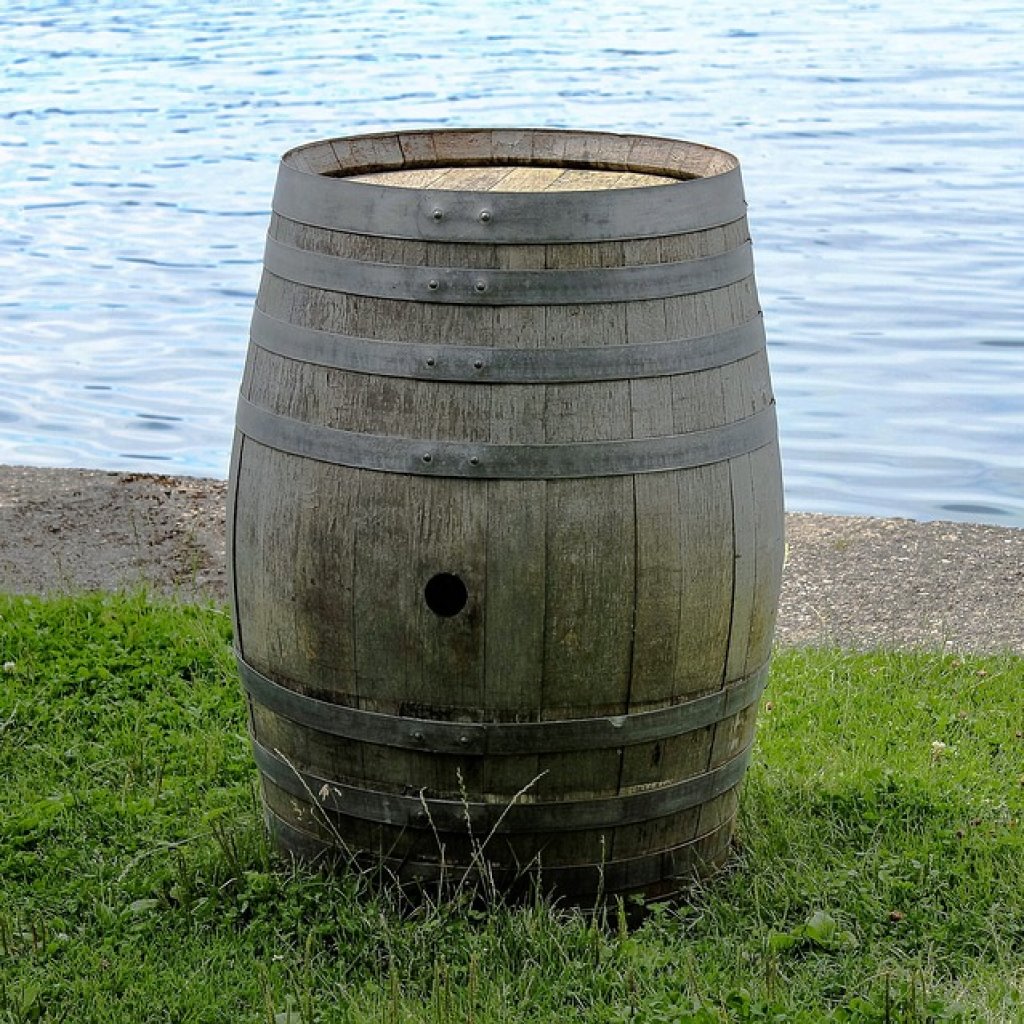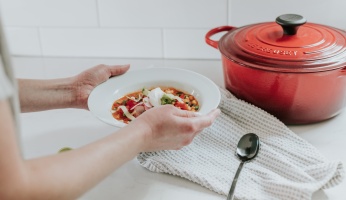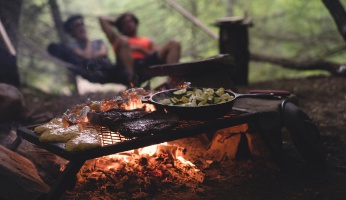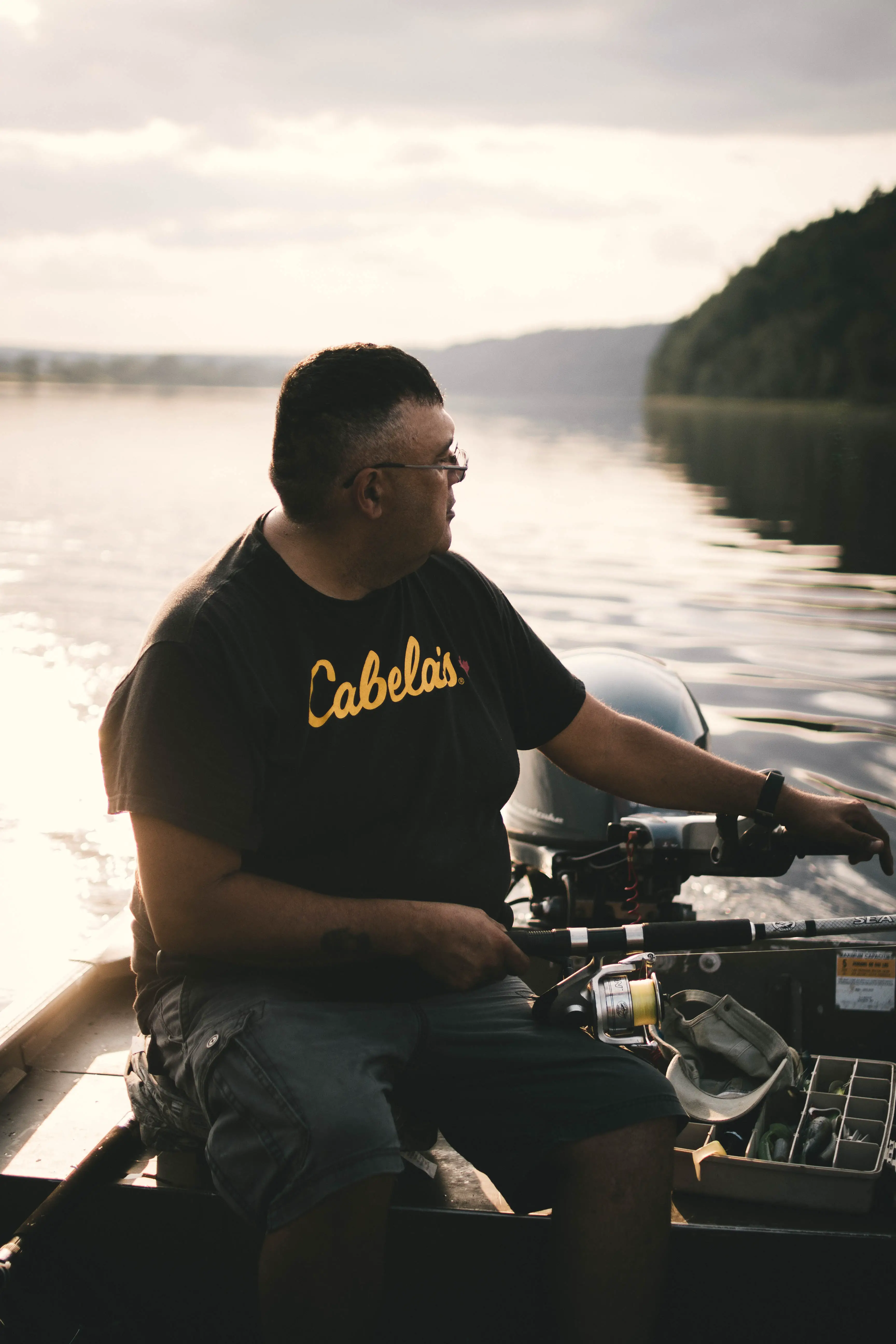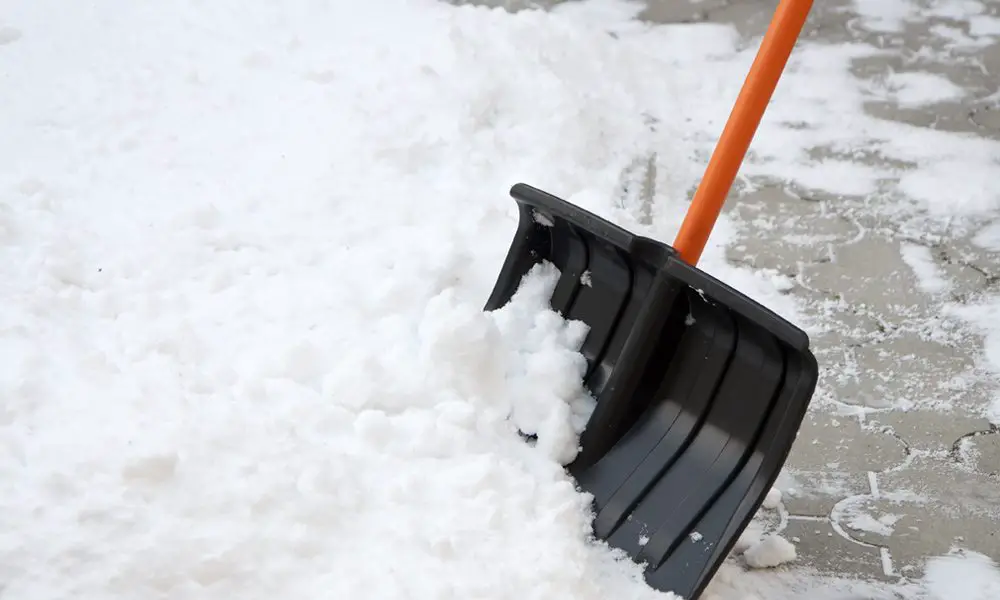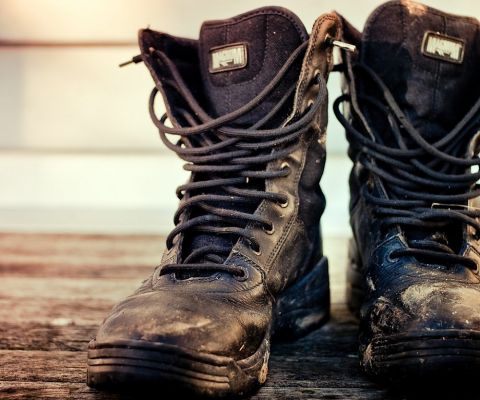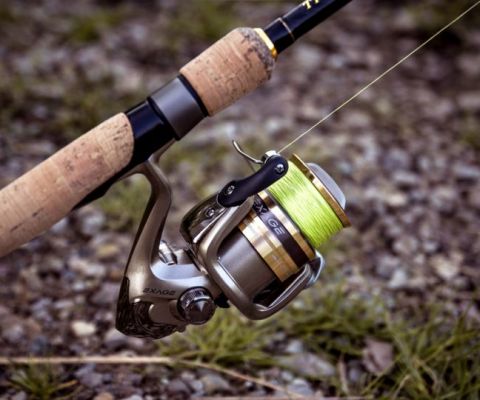Survival Skills: How to Make Vinegar
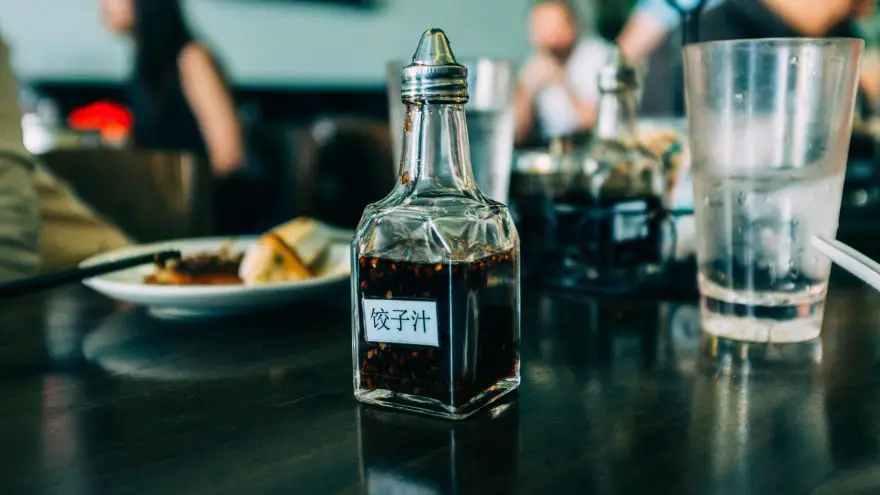 Survival Skills: How to Make Vinegar
thegearhunt.com
Survival Skills: How to Make Vinegar
thegearhunt.com
You’re a smart prepper.
You have everything stockpiled, your “bug out” bag stuffed with light items, survival food, and ready to go, and you’re teaching your family the benefits of a prepper lifestyle. It would be a whole lot easier to be prepared, however, if you made your own vinegar at home.
There are many, many reasons that you should either make your own vinegar or stock up on vinegar now. It is said that this one simple and actually inexpensive household item will be worth its weight in gold if the grid goes down or you find yourself in an emergency situation. Why you might ask is vinegar all that? We will go into the reasons you should either make your own vinegar or start stockpiling it now in the blog below.
We will also go into a few of the things you’re going to need to make your own vinegar and then head into some tips that you’re going to need to become a successful prepper. These tips aren’t just for beginning preppers, but for preppers that need a refresher on what they are doing and even what they are doing it for.
So, grab your pen and a sturdy note pad, so you can take notes, and let’s head into this quest on how to make vinegar together, shall we?
Equipment Needed to Make Vinegar
One of the great things about making your own vinegar is that you don’t have to have a ton of expensive equipment to get the job done. Everything you’re going to need is listed below.
- Fresh juice from unblemished apples
- An airlock cap
- Glass or enameled earthenware jugs or bottles
- An old tee-shirt or some cheesecloth
- Rubber bands or strong string
- Bottles or jars that have lids to store your completed vinegar inside
There are actually a few different ways that you can research to make your vinegar at home. So, for our purposes, we are going to talk about some tips you need to follow instead.
Rules to Follow
If you want your vinegar to turn out the right way every time, then there are some hard and fast rules you’re going to want to follow. Those rules are listed below.
- To avoid bacteria setting in that could ruin your batch of vinegar and put the health of you and your family at risk, always start with and keep your equipment spotlessly clean.
- Never use metal or plastic containers. The result of using either is going to be a flavor that tastes horrible and a failed batch of vinegar that needs to be discarded.
- 70 to 80 degrees Fahrenheit is the way to go for a temp for your vinegar. If it’s too cold the bacteria will lie dormant, if it’s too hot, the bad bacteria will activate, and the good will die. Either one will spoil the batch and could make you and your family deathly ill, so watch the temps!
- Once the vinegar is made make sure to keep it in a place that is out of direct sunlight to avoid killing off necessary bacteria.
Making your own vinegar is actually pretty simple and it’s not expensive at all. Why don’t you give it a try?
For those of us, who would rather just stockpile our vinegar from the store, or still aren’t sure why we need to at all, we will find out the numerous reasons to head the store and start stocking up now in our next section. Ready to find out why then? Okay, let’s go!
Top Reasons to Start Stockpiling Vinegar Now
For many thousands of years, people have been using vinegar for everything from preserving their food to sanitizing their homes. Not only can vinegar help you stockpile for the hard days ahead, but it can also actually help you save on your grocery and cleaning costs right now. If you still aren’t sure what good buying a bunch of vinegar will do you, read on below for a few of top reasons to be explained in our next section.
It Kills Bacteria and Germs
Studies have shown that there isn’t much better for killing germs and bacteria around your home than vinegar. So, if you’re in an emergency situation, vinegar is an essential thing you have, wouldn’t you think?
It’s Beyond Helpful in the Kitchen
From reducing the smell of onions by rubbing your hands with vinegar to cleaning the coffee maker, vinegar is beyond helpful in the kitchen. You can also use white vinegar to help your eggs boil better and make them easier to peel as well, and you can preserve many foods in vinegar (such as pickles).
Other Uses for Vinegar Revealed
There are so many different uses for vinegar that it’s hard to go into them all here. So, we are going to give you a list below that you can try out and see how they work when you have the time.
- Disinfects wooden cutting boards (something important if you don’t have hot water or a dishwasher any longer.)
- To soothe a sore throat
- To fight persistent dandruff
- Cures an upset stomach
- Improve smelly feet
- To polish chrome
- Cleans deposits out of fish tanks
- Removes urine stains for carpets
- Keeps fleas off of your pets
- Keeps your car windows from frosting over
- Cleans your dentures
- Gets rid of that pesky lint on your clothing
- Kills the grass or your sidewalks and walkways
- Cleans suede
- Removes skunk odors from the pets
- Makes those itchy wool blankets softer
- Freshens up wilted veggies
- Can be used as a substitute for lemons
- Can be used to clean your drains
- Kills foot fungus
- Kills germs
- Removes grease build-up on stoves
- Cleans clogged shower heads
- Can be used as an air freshener
- Prevents mildew
- Can be used to treat acne
These aren’t even all of the many things that vinegar can do or all of the reasons that you should be stocking up on it now. Remember, when the grid goes down, there aren’t going to be many places to get products that kill germs and bacteria, among other things.
Now, that we know pretty much everything there is to know about vinegar, what it does, why to stockpile it, and even a little bit on how to make it, let’s move into the section of our blog we’re devoting to prepper tips. Ready to learn? We are! Let’s go, then!
Tips for Prepping You Need to Know Before You Start Seriously Prepping
Anytime you start something new you’re going to make mistakes. When our family first started prepping, we certainly made our share. Of course, it’s always best to learn from the mistakes of others, so we figured we would add this section to our blog on how to make cheese. Read on below for some tips to get you started, so that you don’t make the same mistakes that we, and countless other preppers before us, made.
Start Living Below Your Means the Moment You Decide to Become a Prepper
The point of being a prepper is not to run out and put all of your food and supplies on your credit card and pay it off a little at a time. The point is to start living below your means. This means cutting down so that you have extra cash to buy your supplies and food a little at the time.
Don’t Spend All of Your Money in the First Month of Becoming a Prepper
Once again, being a prepper isn’t about rushing out and buying every survival item and food you can find. Instead, buy a little at the time, because nine times out of 10, later on, you’re going to find a deal where you could have gotten it cheaper. Prepping is about learning to live below your means as much as it is about prepping for a survival situation.
Never Store Your Water in Old Milk Jugs
When first thinking about it, storing your water in old milk jugs seems like a fine idea. However, it’s impossible to get every bit of the milk residue out of the jugs, so you might end up with germs and harmful bacteria in your water that could make you and your family sick. Also, plastic gets old after a bit and will harden, crack, and spill your water everywhere for you to clean up.
However, You Do Need to Stockpile a Lot of Water
It is important to store and stockpile as much water as you can because you will go through it easily and you have to have it to stay alive. Stock up on as much bottled water as you can, but make sure to store your own water as well. Just don’t store it in milk jugs, instead, use collapsible containers or super clean barrels that you can store in your shed or your basement.
Avoid Storing the Foods Your Family Won’t Eat
Sure, finding a sale where sardines and Vienna’s are “buy one get one free” is amazing, but stocking up on them won’t do you a bit of good if no one in your family will eat them. It’s great to find good deals but pass on them for something better, if it’s something your family just won’t eat.
Don’t Just Stock Up on Canned Goods
The theory that your pantry needs to be stocked with nothing, but canned goods are just that, a theory. You need to have canned goods, yes, but you also need a good stock of freeze-dried, dehydrated, pickled, and dry foods as well. You’ll get bored with nothing but can goods quickly, and if you have to go on the road, they will not travel well in your bug out bag.
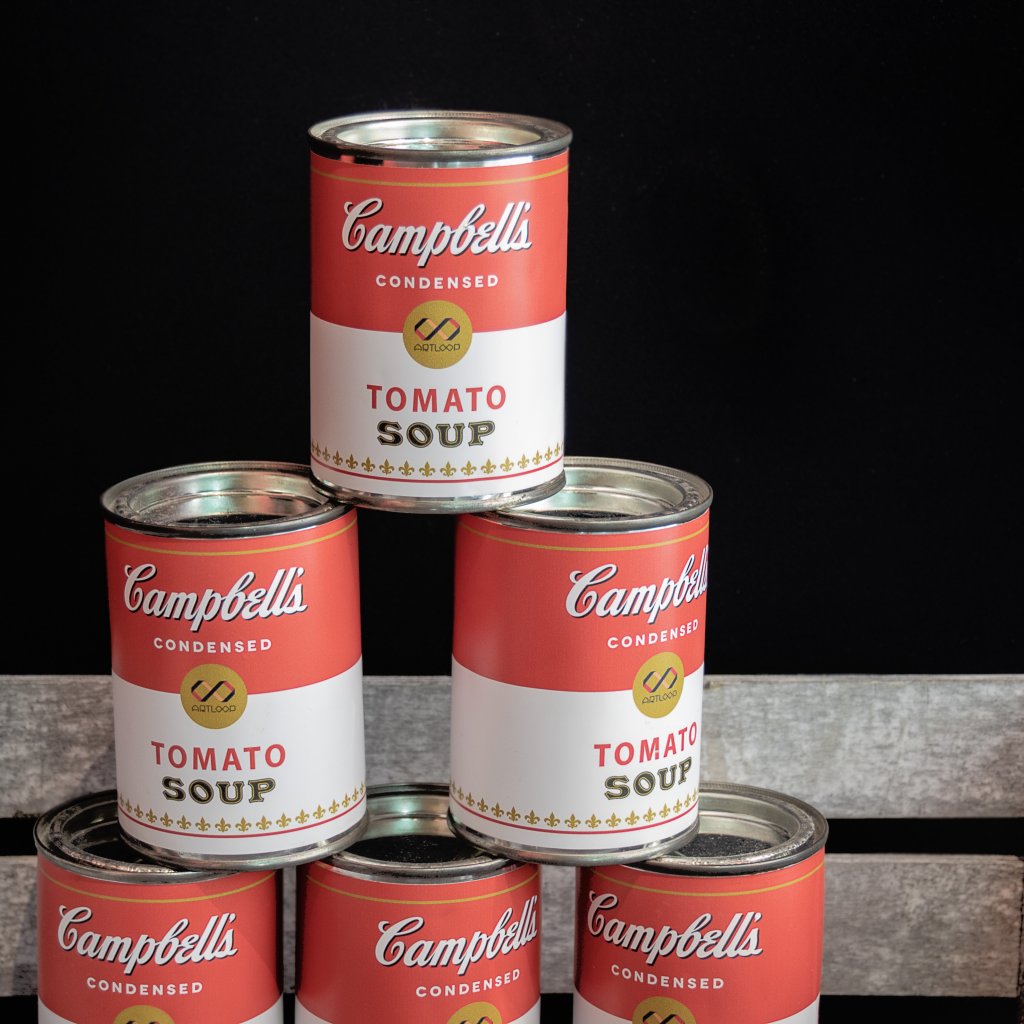
Other Tips for Becoming a Prepper
- Use sturdy shelves for your stock, not cheap particle board
- Never put all of your stock in one place
- Remember, there is more to being a prepper than how much stuff you put away and store
- Don’t forget about hygiene and sanitation needs
- Never forget those who have special needs
- Don’t forget to prepare and store for your pets as well
- Don’t be the only prepper living in your home
- Form a network, but still, don’t tell everybody about your stock and that you’re a prepper
- Try to keep in shape, the time may come when you need to be
- Always have a plan for getting home and meeting up with your family
- Take baby steps with your prepping
- Always, always test everything yourself
Another thing to remember is that the world isn’t going to end tomorrow. Okay, technically the world could end tomorrow, but it’s not likely. If you get too caught up in thinking the world is bound to end, you’ll make poor decisions and many mistakes.
Take your time and stock up a little at the time. Remember, learning how to do things such as dehydrating fruits and veggies, pickling your own foods, making your own cheese, and yes, making your own vinegar as well will go a long way towards helping you to prepare for protecting, and feeding, the family you love in an emergency situation.
I think it’s safe to say that our ultimate goal with our series of survival blogs is to help you have the best emergency plan, well-stocked pantries, gardens, and the ability to actually pickle, make, prepare, and cook your own food. If we have helped you with any of the above, tell us how in the comments or even what you do that’s different in your survival situation planning. We would love to hear from you!
This concludes our blog on how to make vinegar and a few other things to get you ahead on your prepping, without going overboard with it, of course. Until next time, happy prepping, everyone!
Sources:
- Urban Survival Site: 21 Prepper Tips I wish I had Heard Before I Started Prepping
- Survivorpeida: Back to Basics: How to Make Vinegar at Home
- Back Door Survival: 50 Reasons Preppers Need Vinegar in their Stockpile






